This podcast episode focuses on using music to support speech and language for students in preschool through high school, both as a direct teaching tool and as a method for increasing enthusiasm and engagement.
The episode begins by discussing research findings that link music to the development of multiple relevant skills, including auditory processing, fine motor abilities, understanding letter-sound correspondence, and auditory processing. This research comes from Frontiers for Young Minds, a unique open access scientific journal that invites researchers to rewrite their articles and make them more accessible for school-age learners.
Next, the episode offers practical speech therapy ideas that incorporate music in a variety of ways.
For older students, the ideas include:
- Using popular songs to learn about figurative language
- Using personal narratives related to music to help students get to know each other better
- Using popular songs for articulation practice, with activities like “speech karaoke”
For younger students, the ideas include:
- Building circle time into speech sessions
- Making simple musical instruments
- Using music to support routines and emotional regulation
The episode concludes by exploring how music is experienced in the Deaf community, and reflecting on the broader implications of using music as a tool for communication and social inclusion.
If you’re looking for engaging, interactive, and time-saving speech therapy materials that both students and SLPs will love, check out what the Digital SLP® membership site has to offer, or sign up for our 30-day free trial for instant access to more than 2,000 engaging, high-quality resources. Our TPT store is also available!
References and Resources:

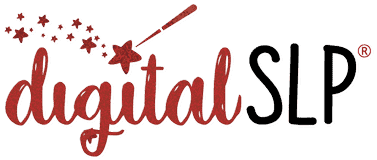
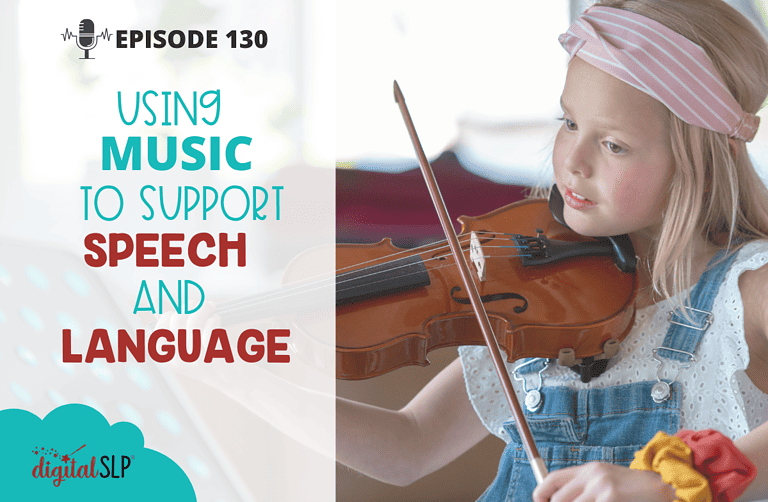
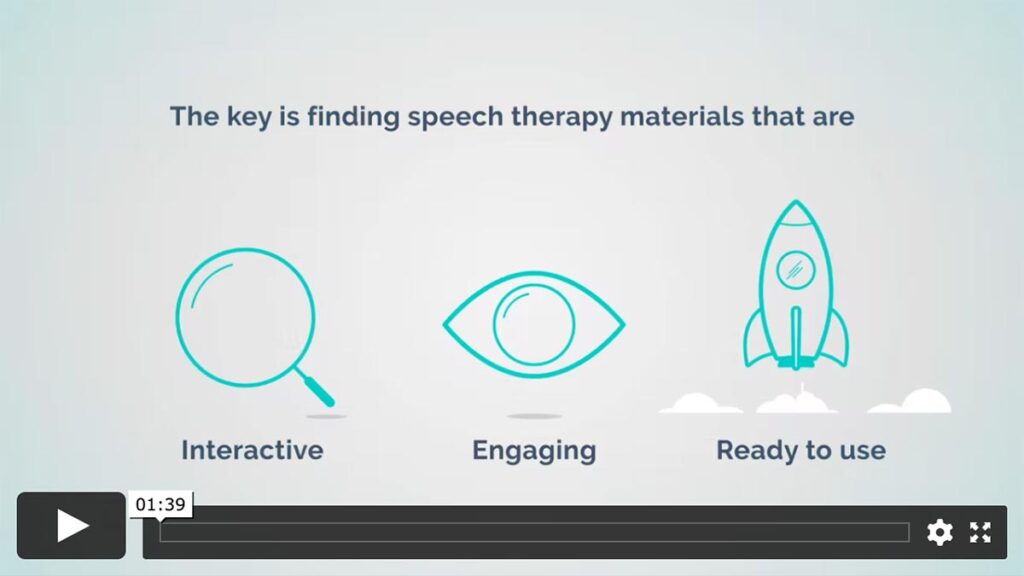
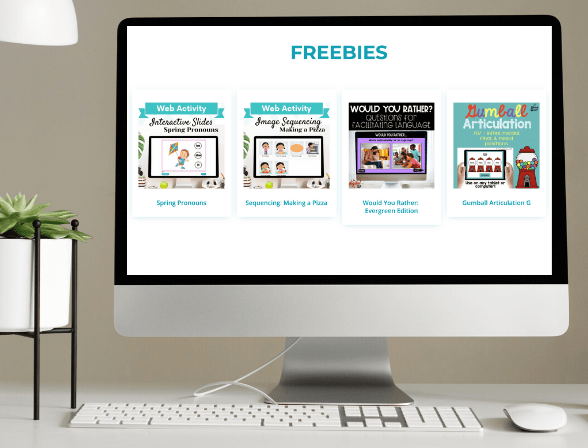

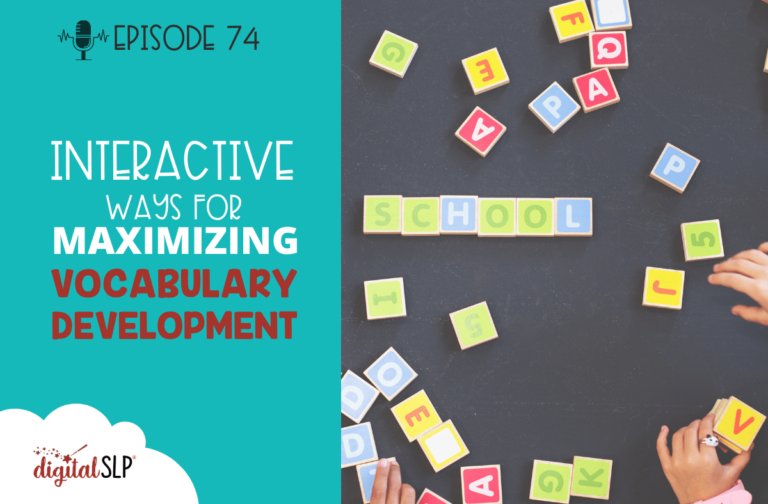

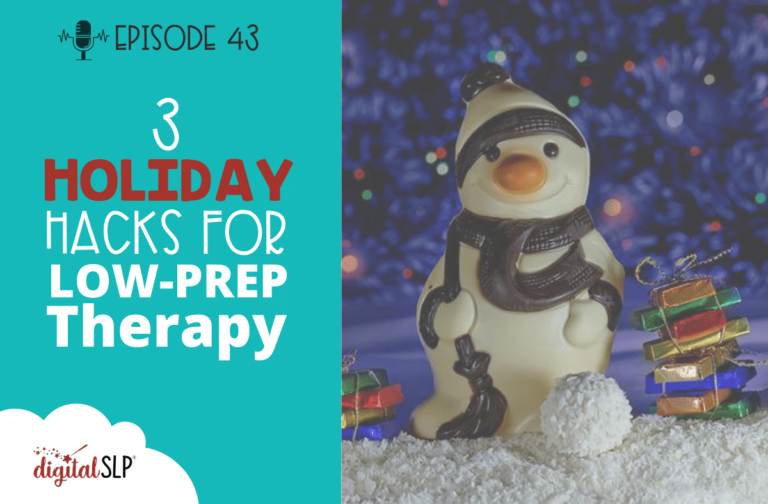
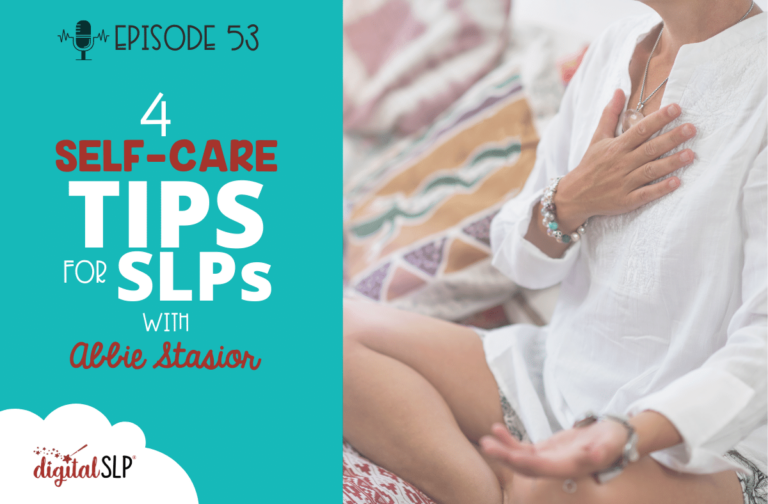
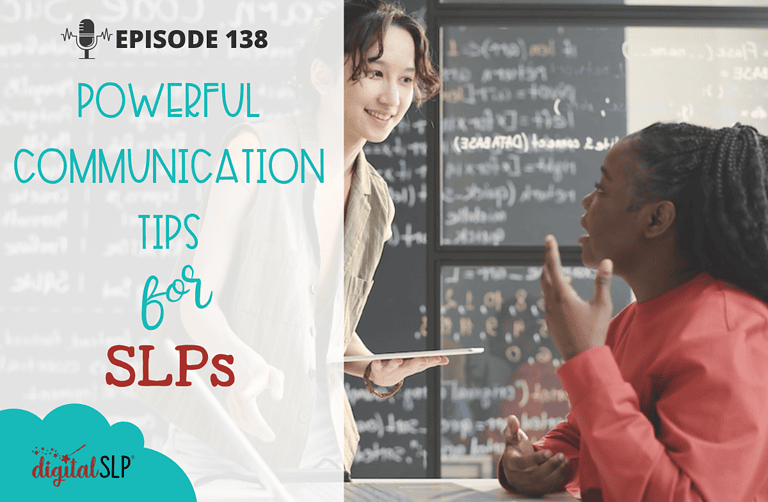
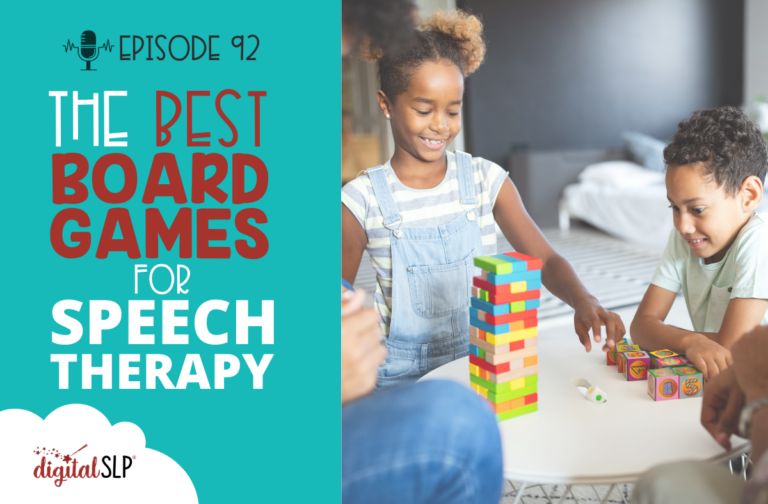

Recent Comments